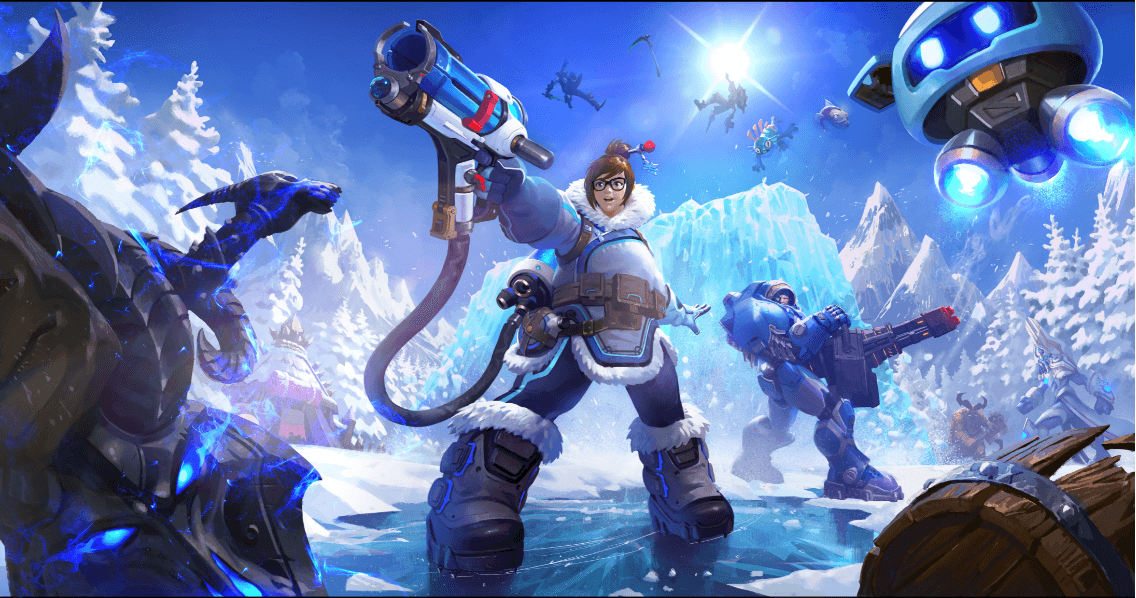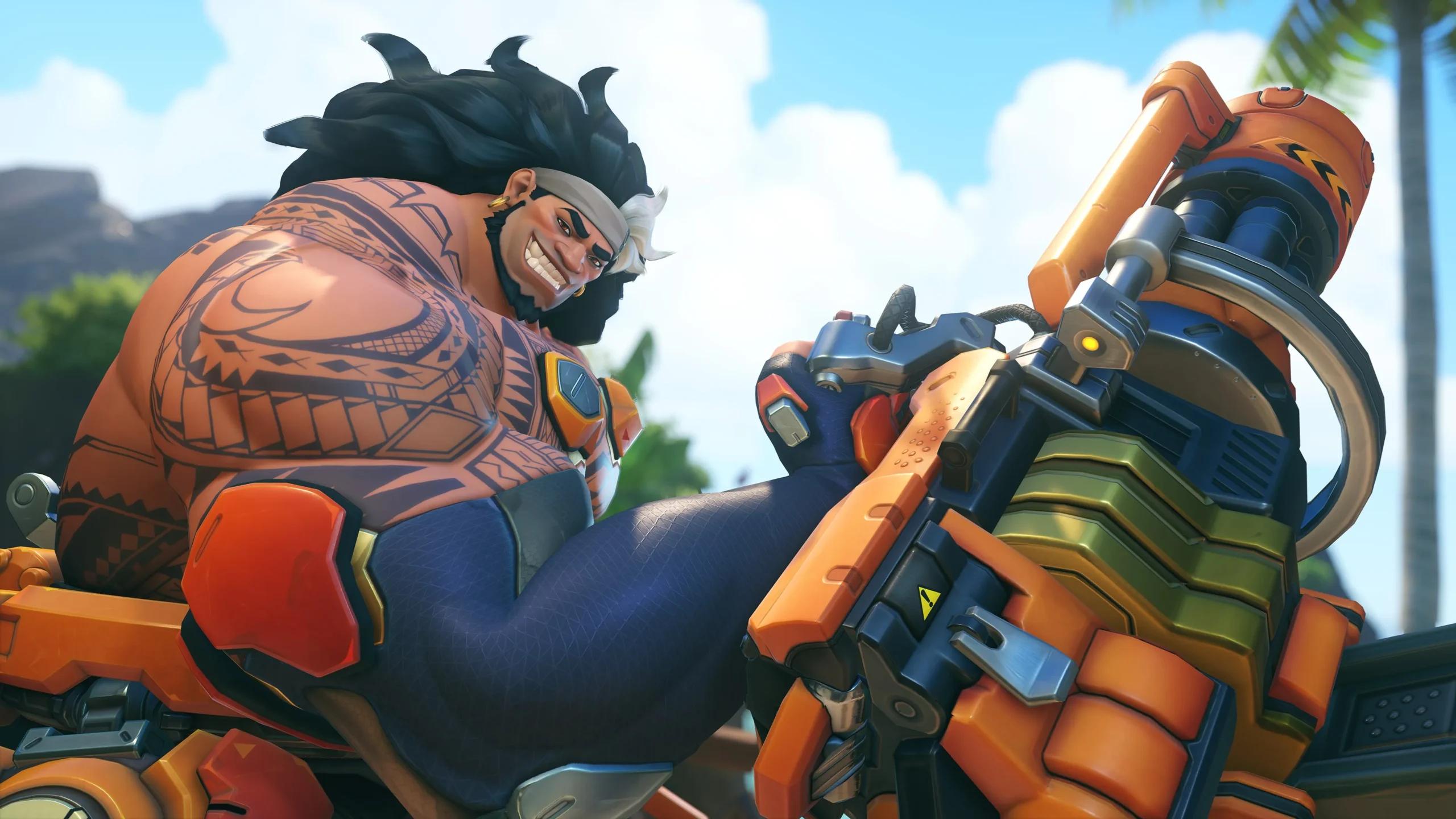
MrBeast takes action on Ava controversy, responds to allegations
MrBeast has launched a private probe.
Overwatch

Overwatch 2 dev blog confirms the return of 6v6 format
Players are having a big “told you” moment.

All we know about Juno, Overwatch 2’s upcoming support hero
The latest Overwatch 2 hero Juno is a happy-go-lucky space ranger from Mars who doesn’t mind...
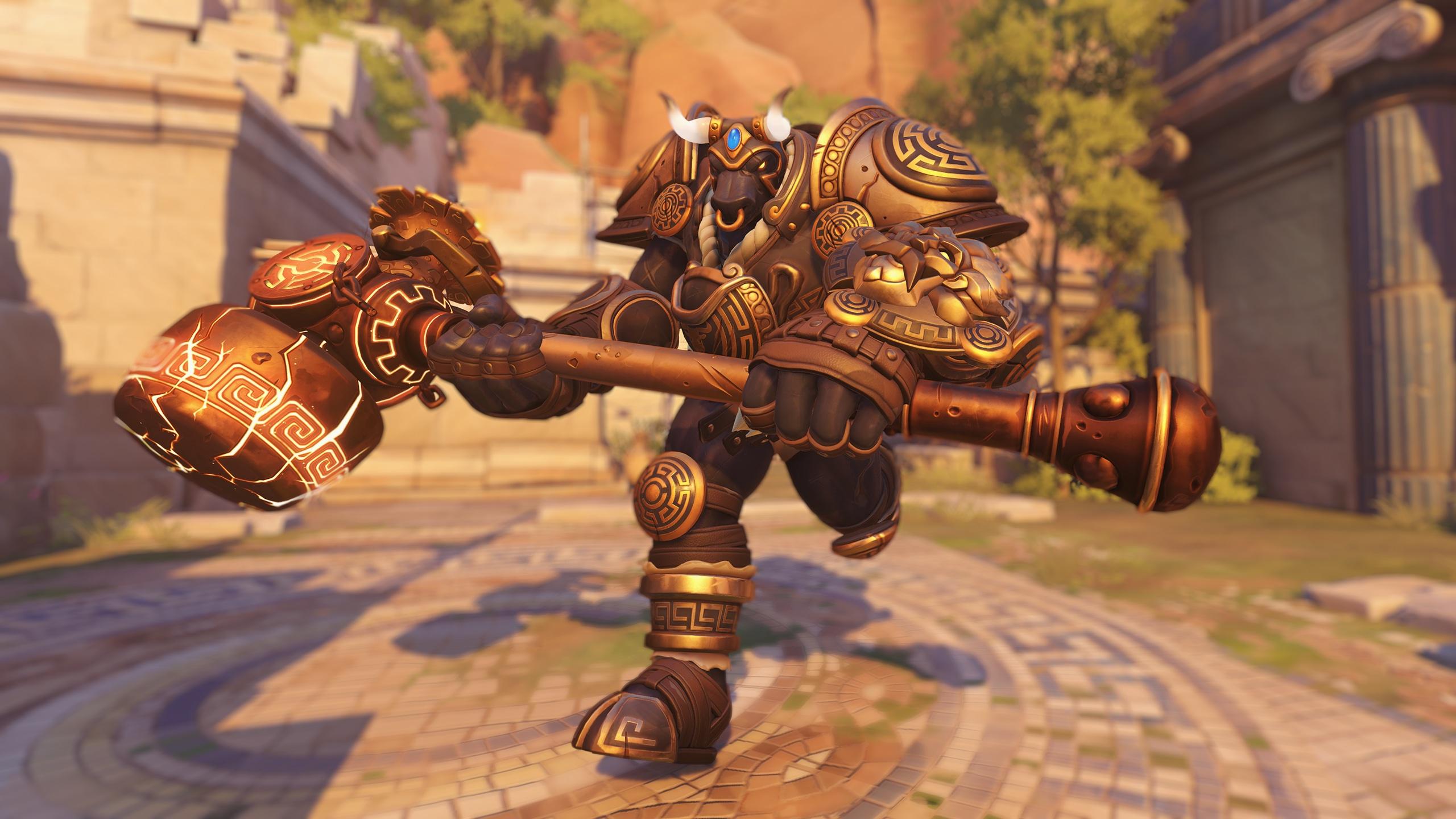
Massive tank changes coming to Overwatch 2
Devs have plans to make tanks tankier.

New Push map Runasapi coming to Overwatch 2
Runasapi is the newest Push map but will it refresh the game mode?

This is not a drill: Pink Mercy is back in Overwatch 2
Finally… It’s only taken seven years.
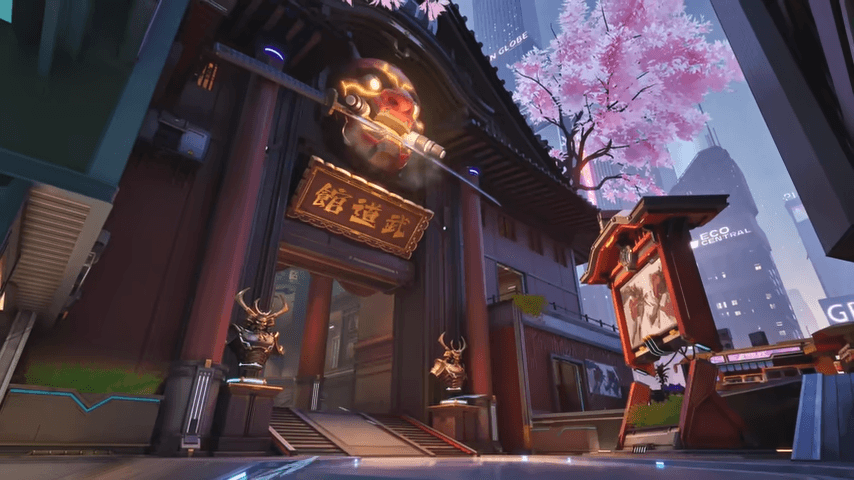
Gamers think Marvel Rivals map is an Overwatch 2 clone
Is this Overwatch 2? Is this rizz?
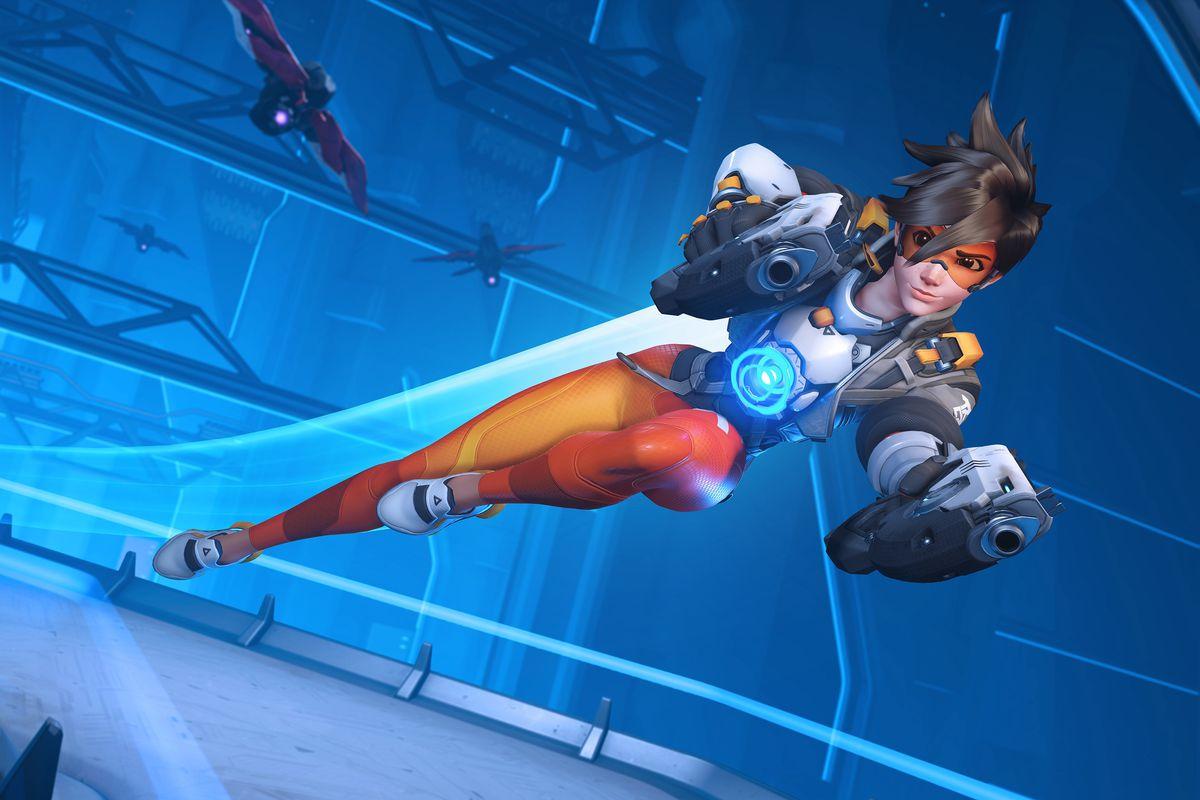
Is Overwatch 2 getting a hero ban system?
Developers have finally spoken about the future of hero bans.
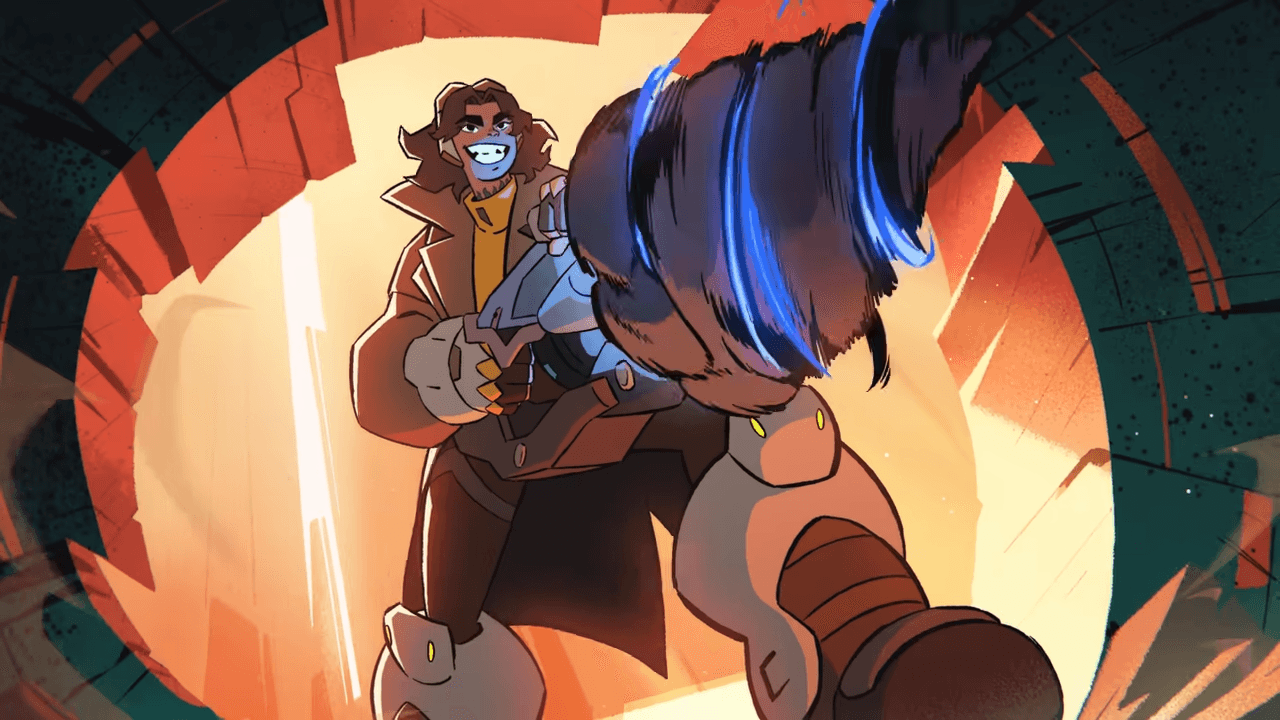
Venture lore revealed in Overwatch 2
“It all started with Talon stealing artifacts.”




